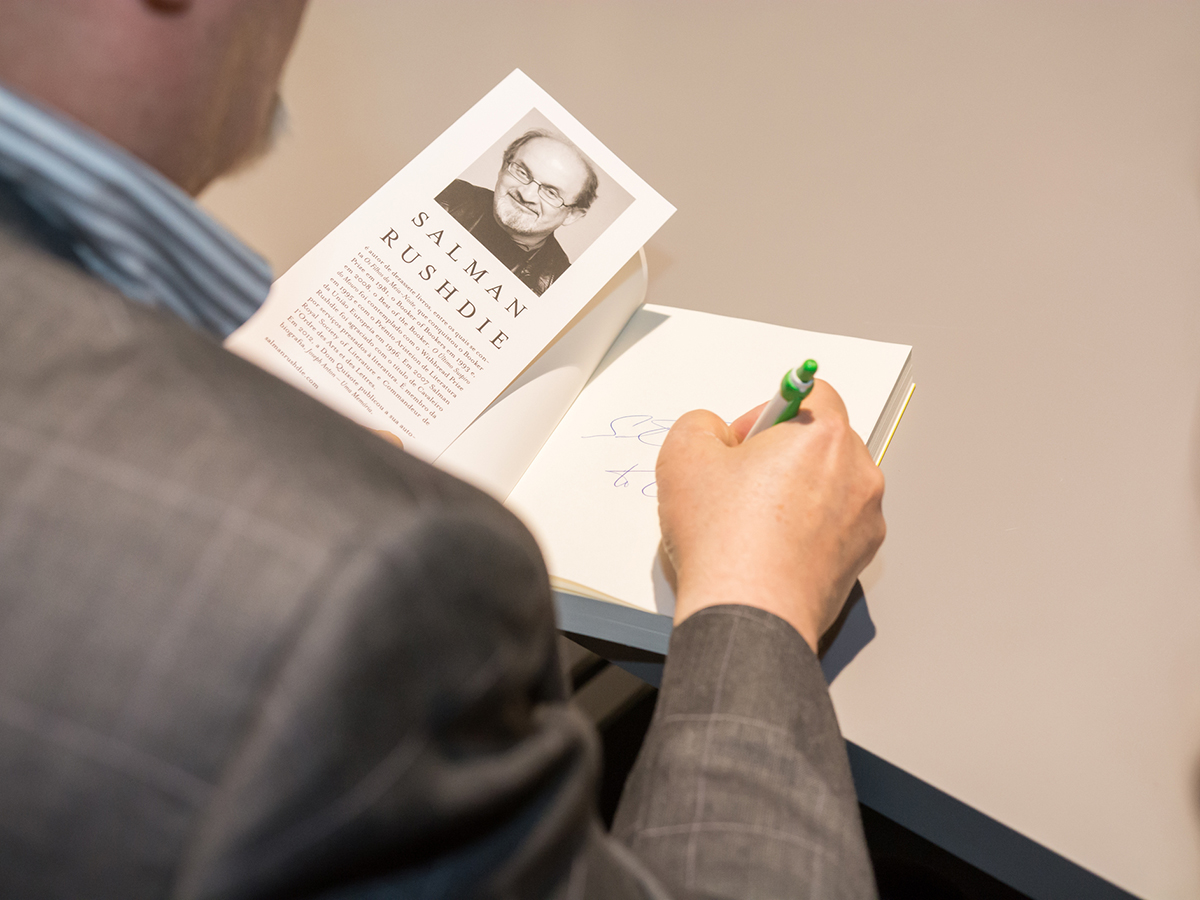
September 16, 2024
We all know the song—or at least the tune—of Ritchie Valens’ hit single, "La Bamba."
A rough translation of the lyrics goes: "To dance the Bamba (bounce/bound), it takes a little grace."
The song is based on the huapango folk music of Mexican street dancing and was introduced to Ritchie by his cousin. Interestingly, Ritchie didn’t speak Spanish. His Mexican and Native American heritage parents only spoke English at home, so he learned Spanish phonetically. Despite initial reluctance to blend Hispanic music with rock and roll, it's fortunate that he did.
Ritchie Valens was a student at San Fernando High School in California when he was discovered by Bob Keane of Del-Fi Records. At the time, Ritchie, then known as Richard Valenzuela, was a self-taught guitarist, trumpet player, singer, and drummer. After his first audition, Keane signed him on May 14, 1958, and shortened his name to Valens to make him stand out and appeal to radio stations that were otherwise racist.
Ritchie’s first single, "Come On, Let’s Go," was released before the end of May. He also wrote a tribute to his girlfriend, Donna Ludwig, titled "Donna," which became the Billboard #2 song of 1958. "La Bamba" was released in October of 1958, though it only reached #22 on the music charts.
If you listen to the lyrics of "Donna" and imagine changing the name to Ritchie, the song takes on a whole new meaning, especially in light of Ritchie’s sudden passing.
Ritchie released only three albums—one posthumously—and recorded 29 songs, 21 of which were self-written. His career lasted just eight months, but Ritchie became the founding father of Chicano and Latin-American rock-and-roll. His work went on to influence artists such as Carlos Santana and Los Lonely Boys.
It’s fascinating to explore the strange phenomena surrounding Ritchie’s untimely death and his legacy. For instance, Ritchie hated flying. There is much speculation about what led Valens to board that infamous flight.
The passengers on the tragic plane were "Big Bopper" J.P. Richardson, Buddy Holly, Ritchie Valens, and pilot Roger Peterson. Ritchie, Buddy, and the Big Bopper were on a cross-country tour with Holly’s band during a freezing February when their bus broke down. Buddy Holly hired a plane and a young pilot, Peterson.
Through a joking conversation between band members, "Big Bopper" Richardson (who had contracted the flu during the tour) asked Waylon Jennings, Holly’s bass player, for his seat on the plane. When Buddy Holly learned that Jennings wasn’t going to fly, he said, “I hope your bus freezes up.” Jennings responded, “I hope your plane crashes,” a statement that would haunt him for the rest of his life.
A coin toss between Valens and Tommy Allsup, Holly’s backup guitarist, decided who would fly instead of riding the freezing cold bus. Valens won the toss and remarked, “That’s the first time I’ve ever won anything in my life.”
Though the truth about what happened the night the music died may never be fully resolved, February 3, 1959, remains a day of significant loss for the music industry. All four men were killed instantly in the crash due to head injuries and blunt-force trauma.
Valens appeared on screen only once, playing himself in the film "Go, Johnny Go!" He died in the fatal crash shortly after filming. In a unique parallel to Valens’ life, the film climaxes with a coin toss. The film was released in June 1959, and the song Ritchie sings in it is titled, "Oh My Head!"
Valens was just 17 years old, the youngest passenger on board. His age, limited recordings, tours, and well-known songs were just the beginning of his legacy. Seventeen years after the tragic crash, Don McLean would release the now-famous song "American Pie," immortalizing that day as “the day the music died.” McLean had been delivering newspapers when he saw the cover story.
Nearly thirty years after his passing, a film biopic titled "La Bamba," starring Lou Diamond Phillips as Ritchie, was released in 1988. It became one of the most honored portrayals of Ritchie, further solidifying his impact on music and culture. Remember how I mentioned that "La Bamba" never reached higher than #22 on the Billboard charts? After the film’s release, "La Bamba" and Valens were nominated for a Grammy for Song of the Year.
Additionally, Ritchie received his star on the Hollywood Walk of Fame in 1990, making him the first Latino artist to do so. He was posthumously inducted into the Rock and Roll Hall of Fame in 2001 by Puerto Rican music legend Ricky Martin. "La Bamba" is the only non-English song listed among Rolling Stone's top 500 songs. In 2018, the Library of Congress selected Valens’ version of "La Bamba" for preservation in the National Recording Registry for its cultural, aesthetic, or historical significance. He is one of only 26 Latin artists to receive this recognition.
Take a page out of Ritchie’s book: Live fearlessly, celebrate yourself, love without judgment, and dance to the music of "La Bamba."
Explore our collection for more Hispanic Heritage Month artists and music legends, and visit the Library for upcoming events.
Read Similar Blogs:
Arts and Culture
Biography
Entertainment
People and Places







